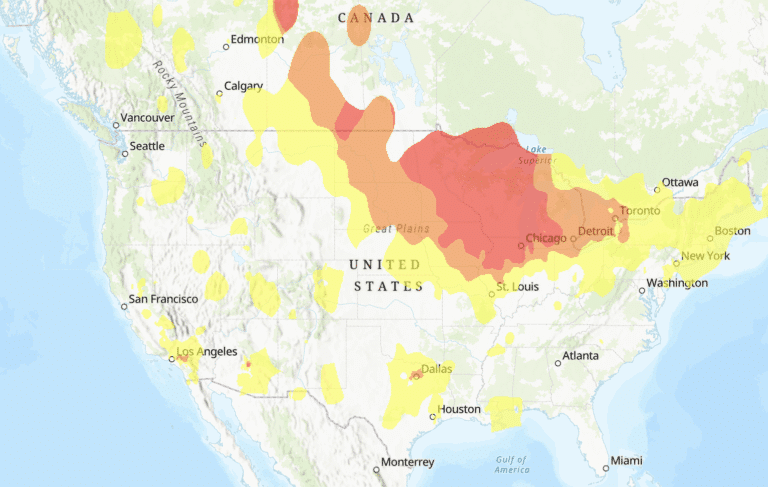The Medicine Cabinet: Ask the Harvard Experts
Q: Do humans really have a love hormone?
A: Yes, we do. It’s called oxytocin. It’s one of the many hormones released into the blood stream from the pituitary gland, a small structure at the base of our brain. It got the name “love hormone” because of its association with intimacy, both physical and mental.
The pituitary gland releases oxytocin in response to a variety of stimuli. In women, it plays an important role in childbirth by promoting contraction of the uterus during labor. Breastfeeding also raises levels of the hormone. Nipple stimulation sends signals to the pituitary gland to send out more oxytocin, resulting in a positive cycle of loving feelings and bonding with the baby.
Sexual intimacy raises levels of oxytocin. But so do many other types of social bonding, like hugging, holding hands or just having loving feelings about people close to us.
Oxytocin is a natural stress reliever. When our love hormone level rises, it acts on our brain to diminish anxiety and induce relaxation. In addition, a higher oxytocin level is associated with lower blood pressures and heart rates.
While there are important biological benefits for women, men also make oxytocin. And they can release just as much of the love hormone as women do. But the mind and body response to oxytocin is not the same for both sexes. Testosterone dampens the positive effects of oxytocin; estrogen appears to enhance them.
Researchers have found that there are distinct differences in the way women and men experience and respond to stress. This could be related to the dampening vs enhancing properties of male verses female hormones.
When under stress, both men and women release epinephrine and cortisol – the hormones that help ready us to fight or flee.
Given the greater oxytocin influence in women, they are less likely to fight or flee when faced with stressors. Instead, their tendency is to “tend-and-befriend.” “Tending” is nurturing behavior designed to protect and relieve distress. “Befriending” refers to seeking and maintaining social connections.
Men under stress release testosterone, which overrides any stress relieving properties of oxytocin. This makes sense from an evolutionary standpoint. Thousands of years ago a heightened fight or flee response was necessary for male survival. But in modern times, not so much. In fact, tamping down the stress response is an important part of a healthy lifestyle for everyone.
So, what can a man do? As a male, I can’t naturally do anything to alter my testosterone level and don’t want to. But the suggestion that I might help boost my oxytocin level with more social bonding sounds very appealing.
(Howard LeWine, M.D., is an internist at Brigham and Women’s Hospital in Boston and assistant professor at Harvard Medical School. For additional consumer health information, please visit www.health.harvard.edu.)














